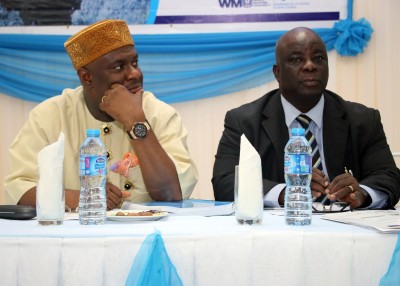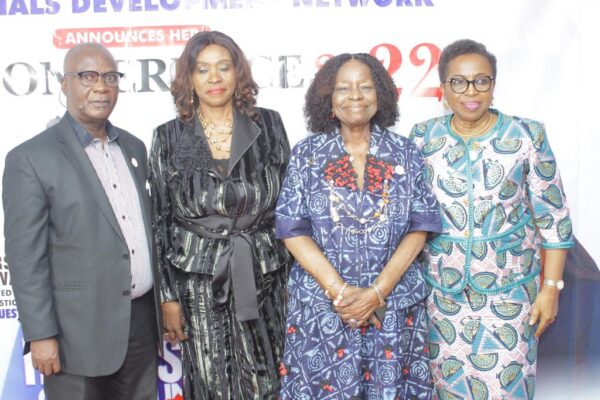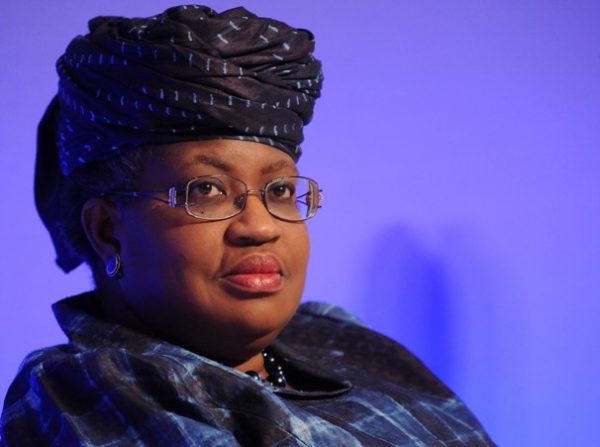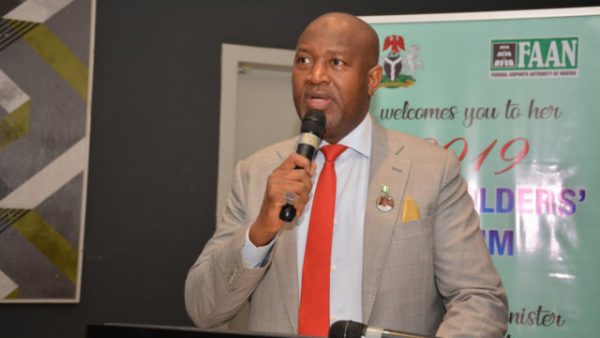Buhari Set To Launch Port Sector SOPs

… Shippers’ Council To Instigate Punitive Laws For Terminal Operators
President Muhammadu Buhari is expected to launch the Standards Operating Procedures for all agencies operating within the ports, when the programme kicks-off on June 23rd.
SOP is a document that shows the modus operandi of an organization and all government agencies and stakeholders at the Ports under the platform of Ports Sector Corruption Risk Assessment (CRA) agreed to publish their SOPs as the harmonized SOPs into a unified process document for the ports would improve the level of transparency and predictability.
In a communiqué issued by the representatives of all government agencies and stakeholders at the ports, the group revealed this, even as it called for improved coordination between stakeholders in order to streamline processes for port operations.
The group stressed that such coordination would ensure seamless port operations through the development of Standard Operating Procedures (SOPs) for all agencies operating at the Ports.
According to the communiqué, the SOP project is to be supervised by the Nigerian Shippers’ Council (NSC).
Meanwhile, following complaints that terminal operators have become increasingly responsible for loss, damage or delay of cargo, the Nigerian Shippers’ Council (NSC) has been urged to initiate legislations to cover liability of terminal operators for such delay or damages using the frame work under the United Nations Convention on Liability of Terminal Operators 1991.
This was one of the notable recommendations from the just concluded 14th Biennial Maritime Seminar for Judges organized by the Nigerian Shippers’ Council under the auspices of the Federal Ministry of Transport.
The United Nations Convention on the Liability of Operators of Transport Terminals in International Trade (Vienna, 1991) adopted uniform legal rules governing the liability of a terminal operator for loss of and damage to goods involved in international transport while they are in a transport terminal, and for delay by the terminal operator in delivering the goods.
At the 14th Biennial Maritime Seminar for Judges which was held in collaboration with the National Judicial Institute and the Nigerian Maritime Law Association, it was also agreed that the Nigerian Government should factor independent power providers into renewals of the concession/lease at the Nigerian ports to solve the power problems.
The communiqué from the event also resolved that there was a need to harmonize existing domestic maritime laws to avoid duplicity of functions among government agencies.
As a result of the growing threat to maritime security, a call for a National Policy on cyber security was made, while a review of the Cyber Crime Prohibition Act 2015 to address existing lacuna particularly the inadequate punitive measures was recommended. Meanwhile, developing a specific cyber security guideline for the Maritime industry was also highlighted.
Other astute recommendations include; the call for an establishment of an Electronic registry (E-Registry) where security granted with respect to electronic documents can be registered and recorded is highly recommended. The need for a holistic review of the Admiralty Jurisdiction Procedure Rules as well as the establishment of an Admiralty Division in the Federal High Court was also put forward.







